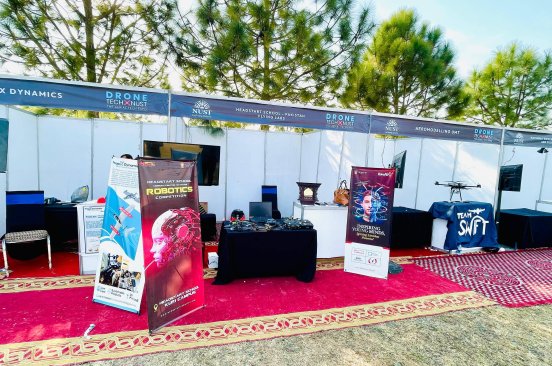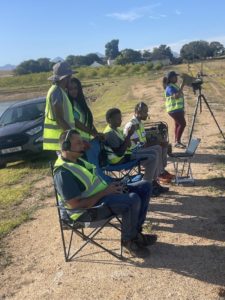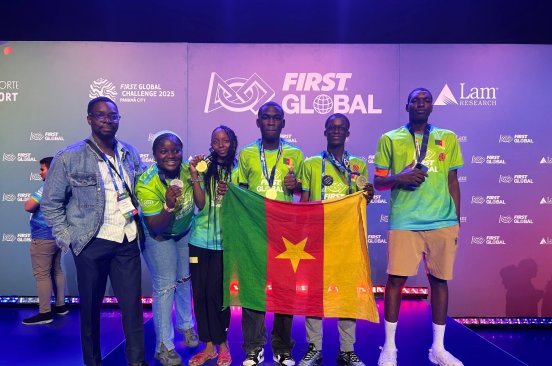
Harnessing Solar-Powered Airships to Transform Medical Supply Delivery in Kenya
Three organizations conduct research assessing the feasibility of using autonomous solar-powered airships for pandemic response and maternal health in Kenya.
May 23rd, 2023
 Over the past few years, last-mile delivery has taken to the skies as various companies and organizations showcase their best drone platforms in terms of payload capacity, endurance, and autonomy. Regulators across Africa have come to recognize that drones are here to stay, and compliance and regulatory frameworks are being established to enable Beyond Visual Line of Sight (BVLOS) operations.
Over the past few years, last-mile delivery has taken to the skies as various companies and organizations showcase their best drone platforms in terms of payload capacity, endurance, and autonomy. Regulators across Africa have come to recognize that drones are here to stay, and compliance and regulatory frameworks are being established to enable Beyond Visual Line of Sight (BVLOS) operations.
A consortium of three unique organizations—Kenya Flying Labs (Licensed Humanitarian Drone Service Provider), Jomo Kenyatta University of Agriculture and Technology (Research), and Cloudline Inc. (a South African-based airship manufacturer)—have joined forces to conduct research assessing the feasibility of using autonomous solar-powered airships to improve supply chain logistics for selected pandemic response and maternal health commodities in Kisumu and Homa Bay counties in Kenya. This research is supported by the Canadian International Development Research Centre (IDRC).
Our project aligns with the Kenyan government's Vision 2030, which identifies the health sector as a key pillar. It directly addresses Sustainable Development Goal 3 (SDG 3). It aims to reduce incidences of referrals associated with medical supply stock-outs and redistribute near-expiring drugs to where they are needed most.
The objectives of this project include:
- Determining the impact of autonomous airship technology on inventory replenishment cycles for selected medical supplies in selected facilities within the Lake Victoria Basin in Western Kenya.
- Estimating cost savings obtained from using autonomous airship technology to reduce inventory stock-outs of medical supplies.
- Assessing various supply chain actors' perceptions, attitudes, and experiences regarding using autonomous airship technologies to deliver selected medical supplies.
The Claudine airship, which we will be using for this project, combines the lifting power of helium with advanced flight control, an all-electric powertrain, and the best safety case in unmanned aviation. It can conduct multi-stop flights, enabling reverse logistics. However, due to its slightly slower cruising speed than multirotor or fixed-wing drones, our deliveries will be scheduled and focused on restocking clinics rather than emergency response.
We have already conducted feasibility studies and stakeholder engagement workshops involving the two counties of Kisumu and Homa Bay, where the project will be implemented. These workshops aimed to inform local communities about the technology and engage them as key stakeholders. We also mapped out health centers of interest, which will help us develop route plans for the scheduled BVLOS flights and seek approval from the regulator, KCAA. Additionally, we identified the medical supplies to be delivered by the airship.
We are currently awaiting regulatory approvals for this project and have received significant support from the Ministry of Health, Kenya Medical Supply Authority (KEMSA), Pharmacy and Poisons Board, among others. Kenya Flying Labs visited Cloudline's offices in Stellenbosch, Cape Town, in January and has already received training on the setup of the Airship Operation Base, piloting, and airship maintenance.
Category(s)
Recent Articles
View All »

Team Cameroon's Road to Victory at the First Global Robotics Competition 2025
